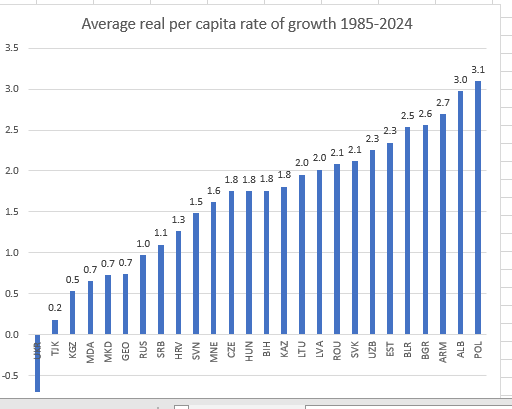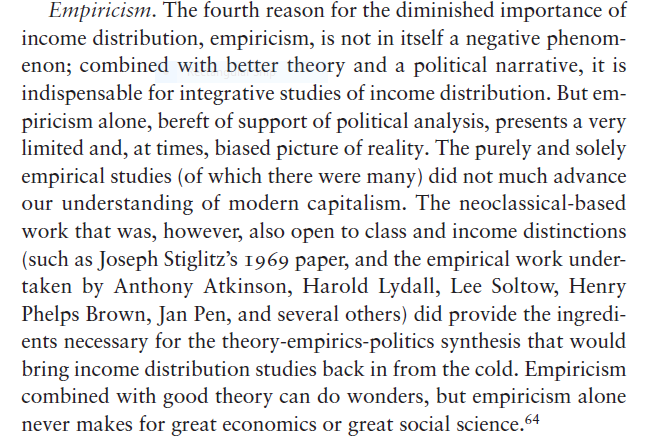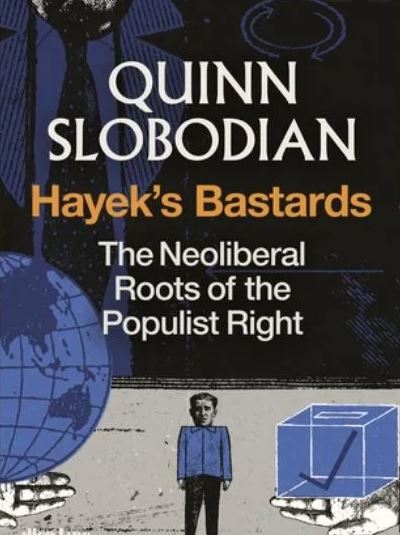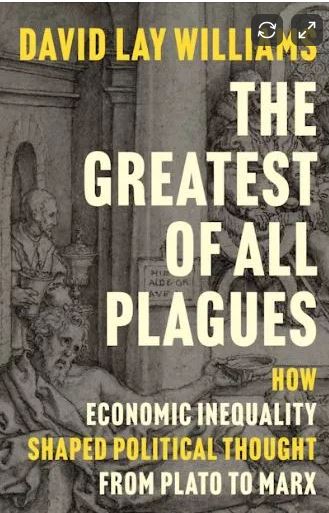(Long thread)
When it is pretended that values determine foreign policy (a propos of the forthcoming "Summit of Democracies").
At the Versailles Peace Conference one among young & idealistic British diplomats was Harold Nicolson. 3y younger than Keynes, he shared his unbounded
When it is pretended that values determine foreign policy (a propos of the forthcoming "Summit of Democracies").
At the Versailles Peace Conference one among young & idealistic British diplomats was Harold Nicolson. 3y younger than Keynes, he shared his unbounded
enthusiasm & believed the conference would bring the rule of law (based on general principles) in international affairs. He idolized Wilson. But as conference went on & those who pretended to be guided by principles began to break each and every one of them...
(like the self-determination that did not apply to Africans and Asians, equality of races that was found abhorrent by Wilson) his mood, like Keynes', soured. Keynes wrote The Economic Consequences, a devastating portrait of the main protagonists and Wilson in particular.
Nicolson wrote a more political book ("Peace Making") equally bitter & full of disappointment. Most sordid political interests were dressed up in the language of rights and values. An atmosphere of mendacity and hypocrisy pervaded the colloquy.
When Europeans were pressed by Wilson and the US they were quick to see under these solemn Wilsonian principles an entirely different reality.
Nicolson writes:
Nicolson writes:
"It was this divergence of habit, this gap between reason and emotion, which induced the Latins [the French and the Italians] to reexamine the revelations of Woodrow Wilson in a manner more scientific, and therefore more critical, than we did ourselves.
They observed, for instance, that the United States in the course of their short but highly imperialistic history had constantly proclaimed the highest virtue while as constantly violating their professions and resorting to the grossest materialism.
They observed that all Americans liked to feel in terms of Thomas Jefferson but to act in terms of Alexander Hamilton. They observed that such principles as the equality of man were not applied either to the yellow man or to the black.
They observed that the doctrine of self-determination had not been extended either to the Red Indians or to the Southern States. They were apt to examine American principles and American tendencies not in terms of the Philadelphia declaration but in terms of the Mexican war,
of Louisiana, of these innumerable treaties with the Indian tribes which had been violated shamelessly before the ink was dry. They observed that, almost within living memory, the great American empire had been won by ruthless force."
• • •
Missing some Tweet in this thread? You can try to
force a refresh









